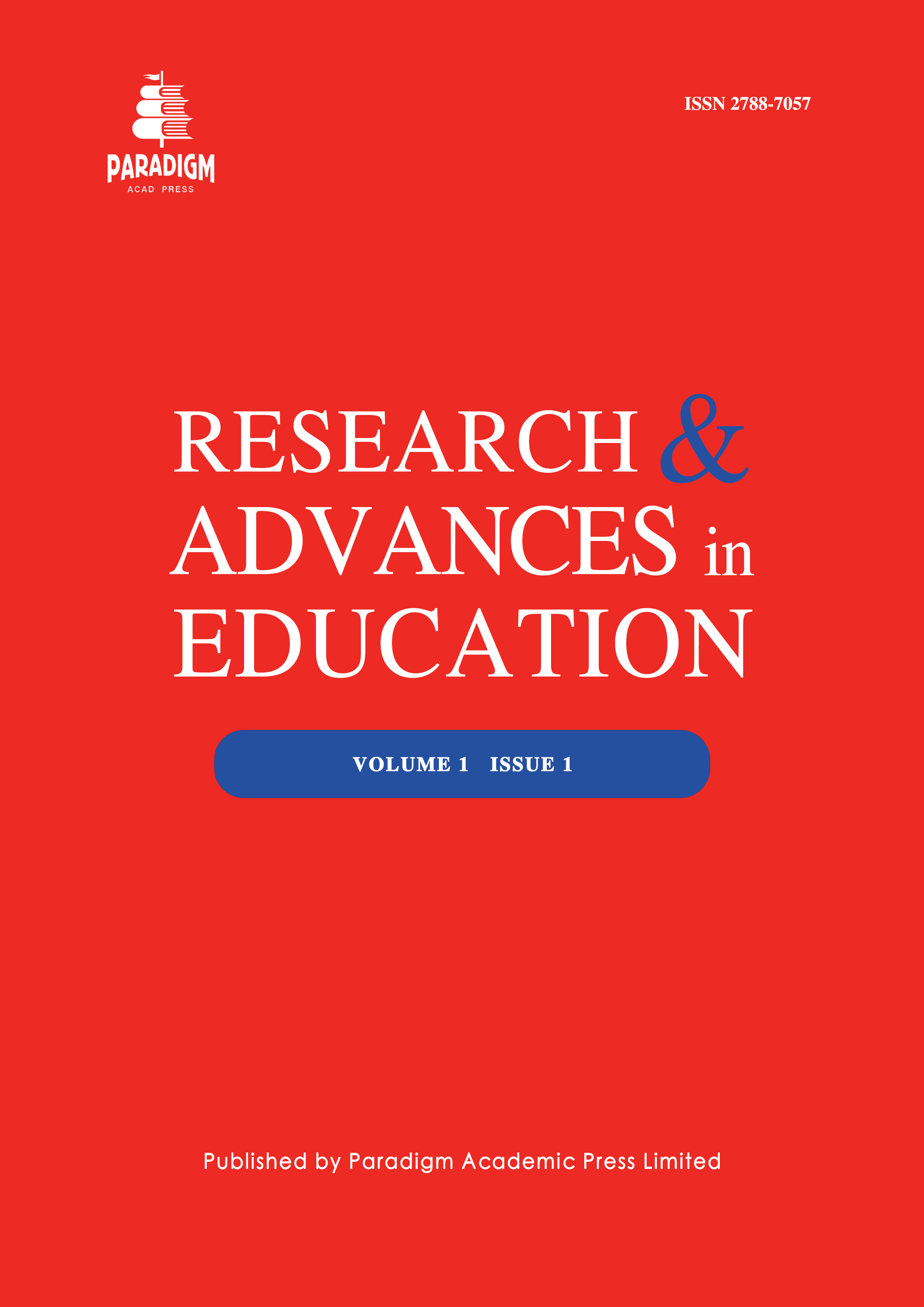The Dual Impact of Cooperative Learning Models in Bilingual Classrooms on Students’ Language Skills and Academic Achievement
Keywords:
cooperative learning, bilingual classrooms, language skillsAbstract
This paper explores the dual impact of cooperative learning models on students’ language skills and academic achievement in bilingual classrooms within the Canadian educational context. As a bilingual nation, Canada provides a unique platform to examine how structured, collaborative learning approaches enhance linguistic proficiency and subject-matter mastery simultaneously. Cooperative learning models, including Think-Pair-Share, Jigsaw, and Group Investigation, actively engage students in peer interactions, fostering authentic language use and deeper comprehension of academic content. The study highlights how cooperative learning reduces language anxiety, bridges proficiency gaps, and promotes metalinguistic awareness while cultivating critical thinking and problem-solving abilities. The paper discusses the challenges faced in implementing cooperative learning, such as linguistic diversity, cultural differences, teacher preparedness, and assessment complexities, and offers practical mitigation strategies. Evidence from Canadian bilingual programs is presented to substantiate the effectiveness of cooperative learning in improving language skills, academic performance, and social cohesion in multicultural classrooms. This study underscores the transformative potential of cooperative learning models in fostering holistic student development and preparing them for success in an interconnected, bilingual society.


